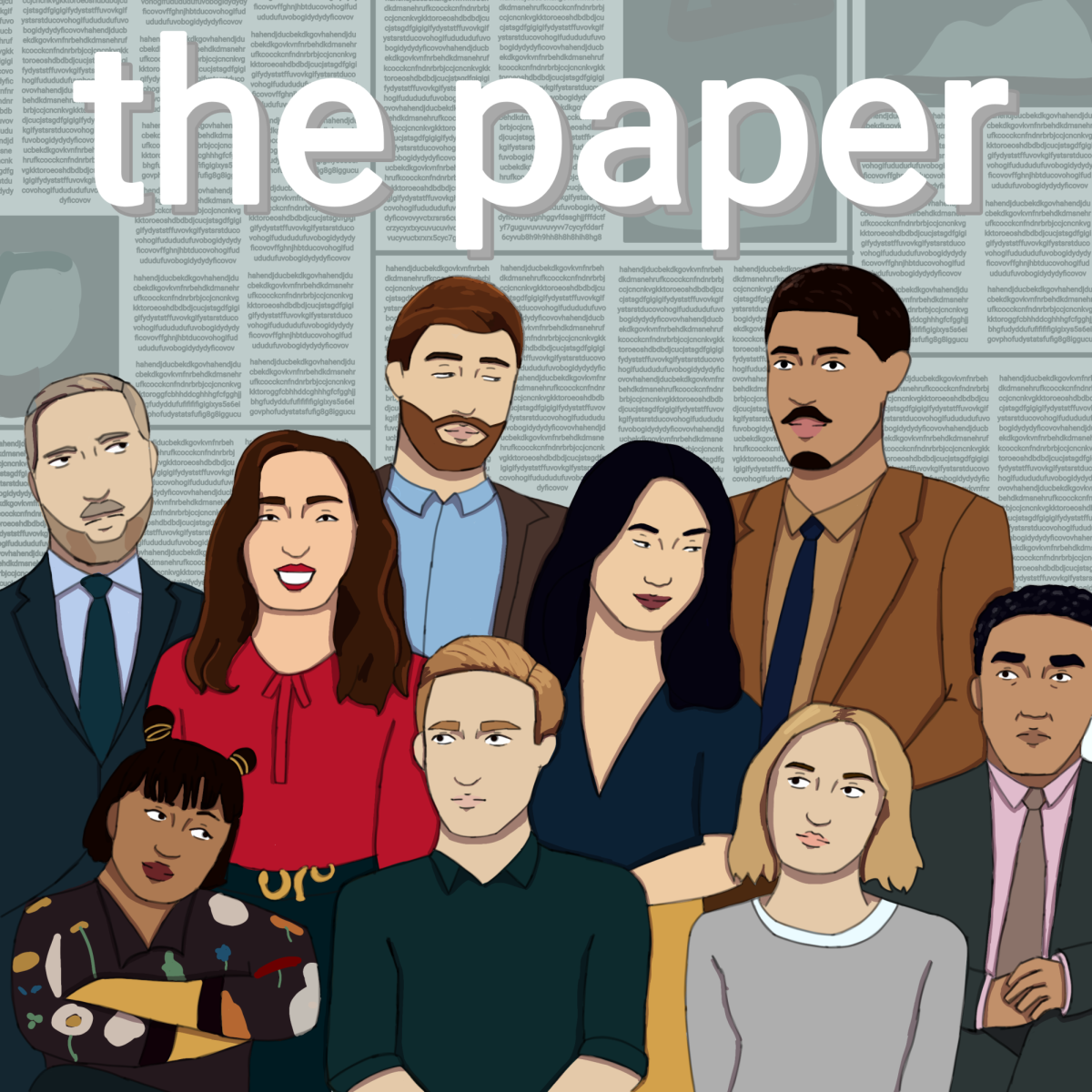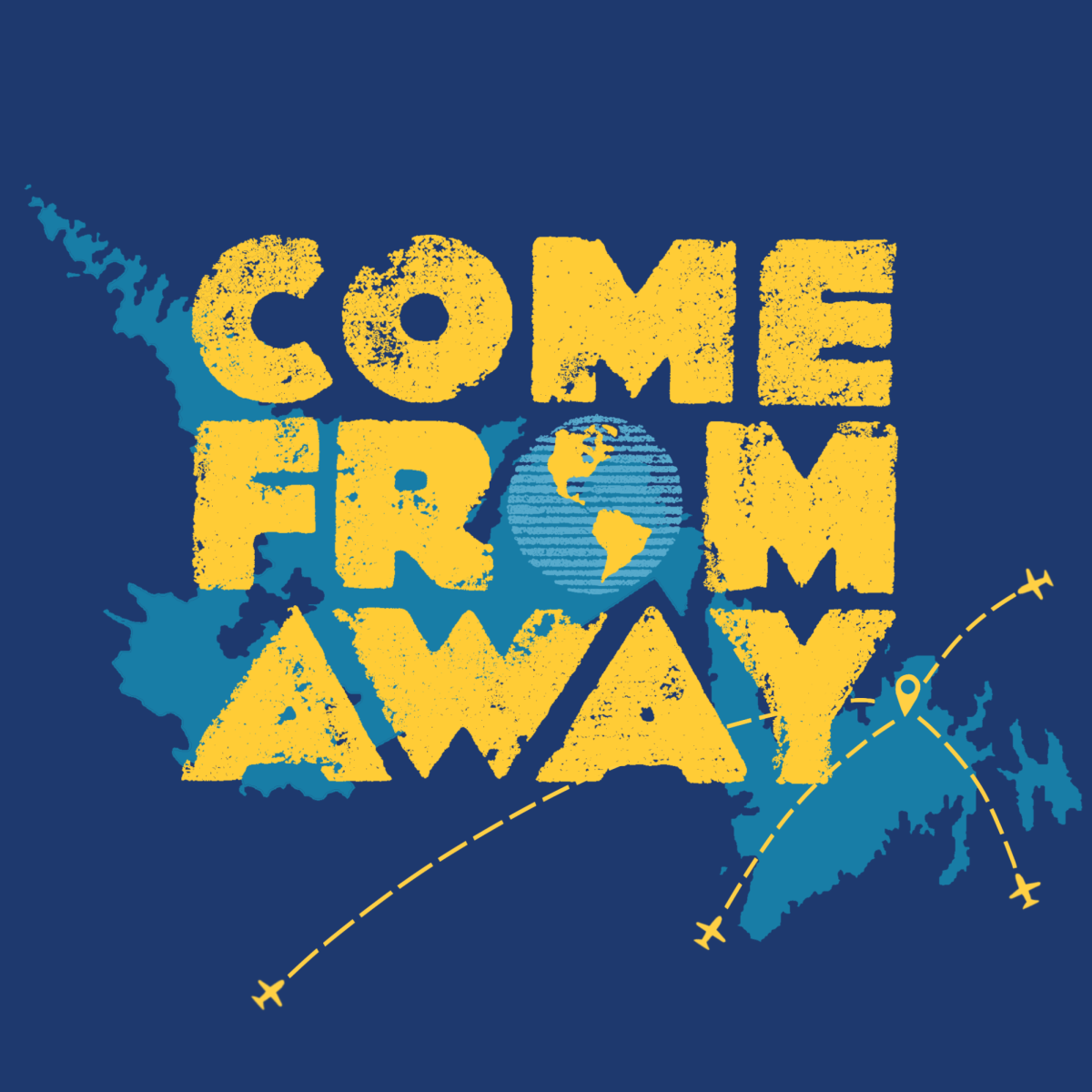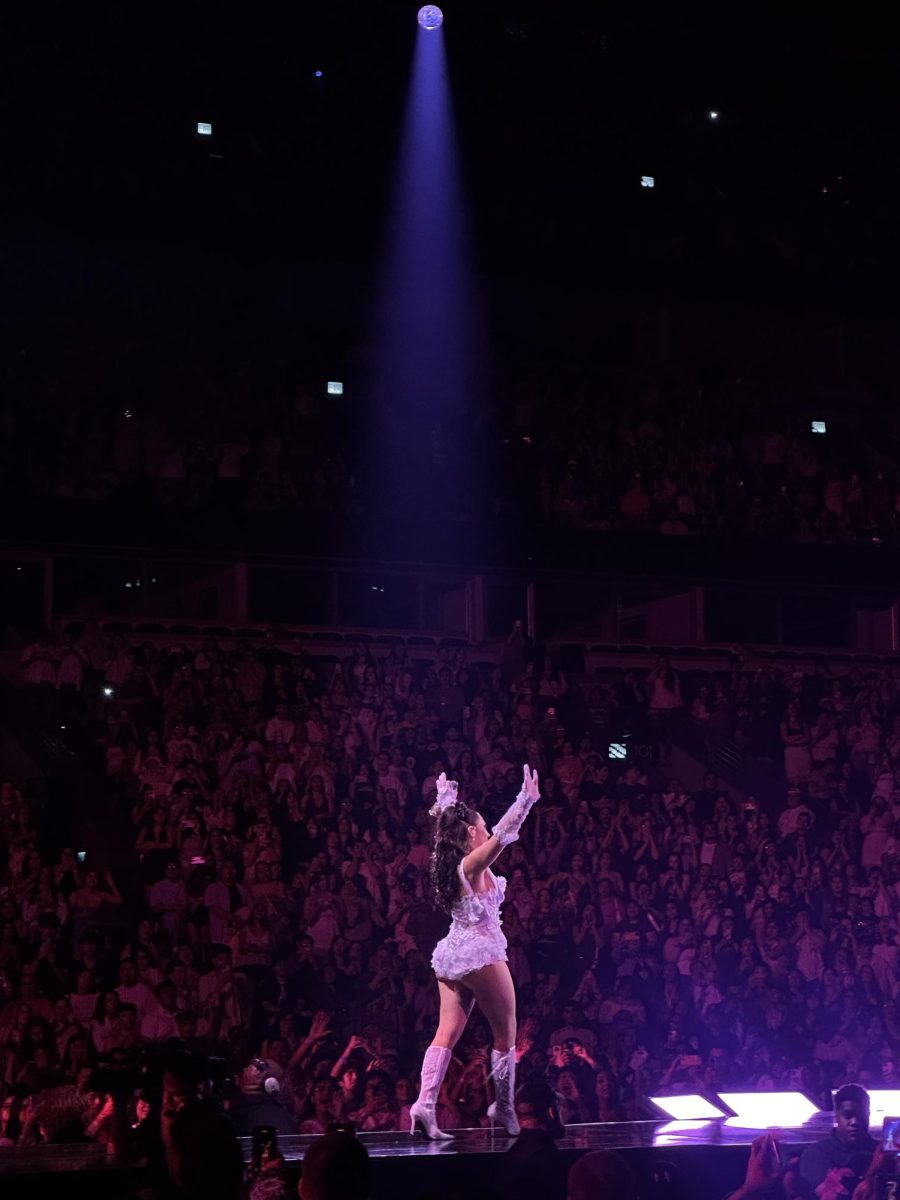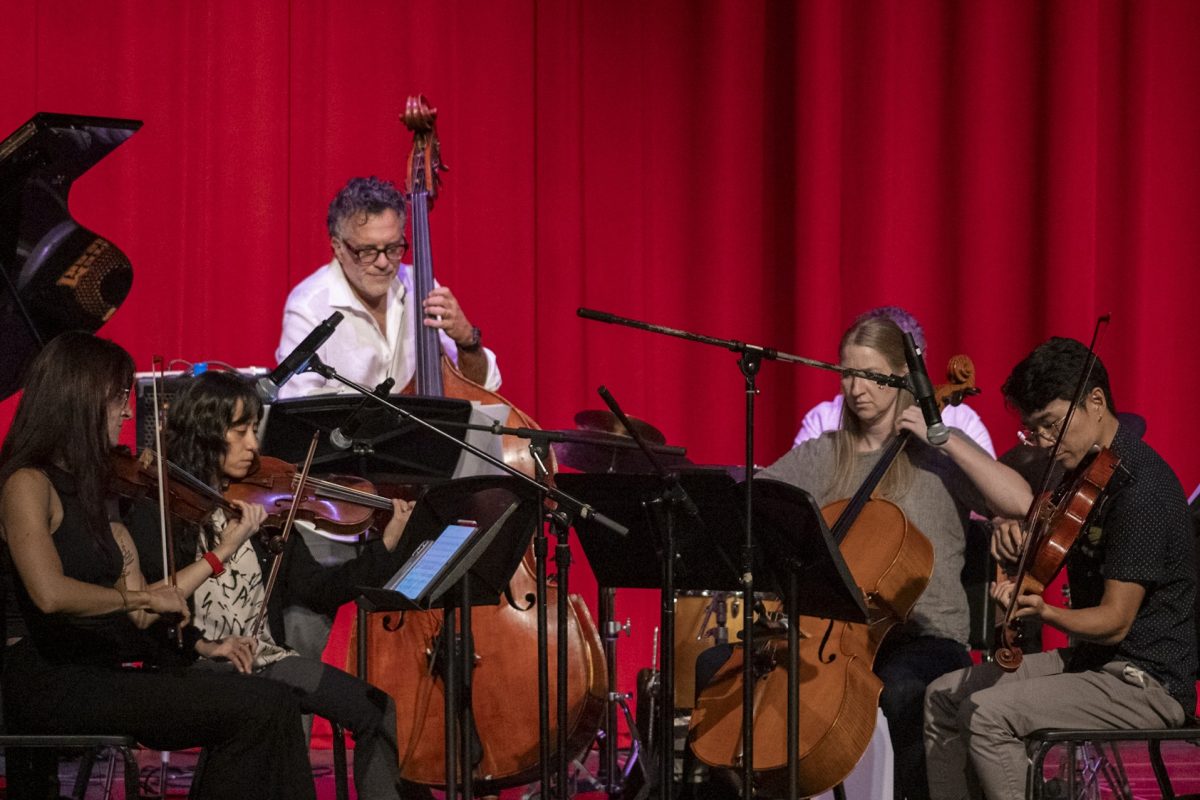Journalism is dead — right? Passionate optimists and editors-in-chief of high school newspapers certainly disagree, but that does not change the fact that in the height of the digital age and at the zenith of political polarization, ethical and objective journalism is decaying. That is the topic co-creators Greg Daniels and Michael Koman tackle in their new sitcom “The Paper,” a spinoff of the prized comedy series “The Office.”
“The Paper,” walks the hallowed halls of the mockumentary-style comedy giant “The Office” as an off-shoot of the original series, which is almost certainly an immediate recipe for disaster. It is a tale as old as time: writers try to rekindle the magic of a cherished show or movie with a mediocre-at-best project that fails to capture the attention of excited fans. Imagine my apprehension over this new series. Surprisingly, my opinions of the new show lean positive.
“The Paper,” a Peacock original series, follows the story of the Toledo Truth Teller, a once prosperous newspaper in Toledo, Ohio that now only employs a skeleton crew of uninspired individuals. Soon arrives Ned Sampson (Domhnall Gleeson), an overzealous salesman determined to restore the Truth Teller to its former glory as the new editor-in-chief. All of which is captured on camera by the same crew that filmed the documentary on Dunder-Mifflin Paper Company’s Scranton, Pennsylvania branch many years before.
Almost instantly, I recognized what Daniels and Koman were aiming for with “The Paper,” even in the very first episode as it sets the scene of the dismal state of the Toledo Truth Teller. The daily print newspaper is made up of high school sports coverage and articles from the Associated Press the Truth Teller accesses through their wire service, and the online site publishes ad-ridden clickbait-y articles like “You won’t believe how much Ben Affleck tipped his limo driver.” There are episodes that tackle tough topics like corporate ownership of news publications, the battle between social media bloggers and trained journalists, and the lack of public interest and support for local journalism.
It is clear that what sets this series apart is that/how the humorous and satirical elements produce a clear social commentary, at least much more than “The Office” ever did. Daniels and Koman want to call attention to the bleak reality of today’s journalism, and what better way to reflect and comment on that grim and bitter truth than through a mockumentary-style sitcom?
What I love about “The Paper” is that it is actually not much like “The Office” at all, rather, the show’s tone and messaging is much more reminiscent of “Parks Recreation,” a far superior mockumentary of the 2010s era that is also co-written by Daniels. The parallels between the protagonists Ned and Leslie Knope is something I picked up instantly. While Ned faces the uphill battle of rehabilitating a waning newspaper in a world where objective journalism, especially at the local level, is becoming less and less valued, Leslie fights an ineffective government and the absurdly uncooperative town of Pawnee to improve — you guessed it — the city’s parks and recreation. I appreciate that both shows give the audience a goal to root for, a mission that the viewers get to watch progress over time. It makes me feel far more invested in the characters and the plot line, which might explain my preference for “Parks and Recreation” over “The Office.”
But perhaps I have gotten ahead of myself with the comparing and contrasting, because I have yet to address the question on everybody’s mind: Is “The Paper” as funny as “The Office?” Simple answer? No. There are certainly laugh-out-loud moments littered throughout the 10 episodes of season one, but almost equally as many moments that fall flat. The show’s characters are not fully developed nor distinctively unique as I would wish they would be, and some bits throughout the season are impossible not to cringe at. But the truth is, neither “The Office,” nor “Parks and Recreation” stuck the landing at their geneses either. Those shows became the ones we know and love because they were able to adapt throughout their seasons, in particular, they were able to evolve and refine their characters, which are now regarded as standouts in both comedies. I would even venture to say that “The Paper” is off to a better start than either of its mockumentary forerunners, and if it can grow and change as they did, I would say this series is going to give them a run for their money.
Regardless of its comedy performance so far, I know “The Paper” only gets better from here; I just hope it has the time and space to do so. I worry that this show will be mired down by skeptics who believe the series only reheats the nachos of its predecessor and will never quite compare, squashing the show before it even has a chance to prove itself. I know the excessive callbacks to the original series are inevitable, and I honestly do look forward to seeing more references and cast cameos as the show continues, but I truly hope that “The Paper” does not get stuck in the shadow of “The Office” and that it will be watched and appreciated on its own merits.
I firmly believe “The Paper” has something “The Office” never did, but maybe that is the journalism nerd in me. I am unsure as to how interested the average person may be in the plot of “The Paper,” but as an ardent student journalist, I resonated very quickly with the show’s premise and I know that it is an important one that everybody needs to hear. I am not sure how much of a difference a Peacock mockumentary will make in the world of journalism, whether or not it will make people suddenly care about the deterioration of the field, or whether or not it will cause a mass movement for the revival of ethical, reliable journalism everywhere, but I look forward to seeing it try.










